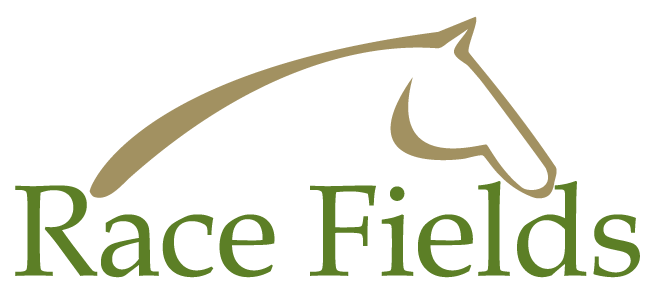If a 16-year-old Bart Cummings had taken expert medical advice to combat the chronic asthma which plagued him, the history of Australian racing would be so much different, and so much poorer.
Cummings was given a simple cure for the chronic condition he had suffered all his life.
"It's easy, stay away from horses and chaff," his doctor told him.
It wasn't easy, it was impossible, and Cummings immediately high-tailed it back to his father Jim's stable to feed the horses.
Seven decades and 12 Melbourne Cups later, Cummings is firmly entrenched in Australian folklore as the Cups King.
But he was anything but a once-a-year trainer and his record of 268 Group One victories has only been bettered by the late TJ Smith with 279.
"I don't keep records," Cummings once said. "That may sound strange but I never look back, I only look ahead. You can't dwell on the past. Racing goes on and you have to go with it."
In keeping with that philosophy, Cummings was not content to rest on his laurels as a successful trainer in the southern states, and moved his family to Sydney in 1975 where he set up Leilani Lodge at Randwick.
"When he moved to Sydney, I did not think he would adjust to the competition of Sydney racing," arch-rival TJ said. "Once again he amazed me."
So what were his secrets?
The training regime? "A good horse will win the race you train him for," was the reply.
Is it in the feed? "I like to feed horses as much as they will eat."
Cummings was famous for his one-liners, his sardonic grin and the sparkle in the eyes beneath a pretty impressive set of eyebrows.
But he never uttered a word without thinking, never smiled without reason, and what those twinkling eyes saw set him apart from everyone else.
He selected yearlings with Cups, Derbys and Doncasters in mind and his success rate was uncanny.
"I worked out early that you have to aim for the top and then work down," he said.
"I've tried to eliminate the speculative side of racing by trying to choose Group One winners as yearlings. If they don't make the grade there are plenty of other races around."
And when they made the grade, the least surprised was their trainer.
Cummings described his 1978 Doncaster winner Maybe Mahal as "easily the smallest, weediest yearling I've ever trained".
Twenty years later Catalan Opening was at 33-1 with punters to give Cummings his sixth Doncaster, but he was odds-on with the trainer after being gelded.
"People are slow learners, they woke up slow," he said.
That Cummings remained in the game as long as he did was testament to his steely determination and resolve to pick himself up after adversity.
The first blow to his career came early on when he was outed for a year after one of his horses showed a marked improvement when wearing blinkers, a new and controversial practice at the time.
"All trainers, no matter how good, go through a battling stage," he reflected.
"It's just a matter of having the determination to go on, and I hoped the breaks would not be long in coming.
"I keep my horses in the weakest of company and myself in the best of company. It's the best recipe for success that I know."
Cummings had a few other setbacks, most notably the collapse of the Cups King syndicate in 1989, ironically the season he won his only Sydney premiership.
His simple philosophy as to how he treated his horses is one which could just as easily be applied to the way he himself was regarded.
"They think, they are honest, they are genuine, they are very intelligent and they do not forget. You get a few non-conformists occasionally but if you are good tempered and good natured, horses will respond in a similar manner."
As people did to Bart.
 InglisDigitalAUS
InglisDigitalAUS InglisDigitalUSA
InglisDigitalUSA







